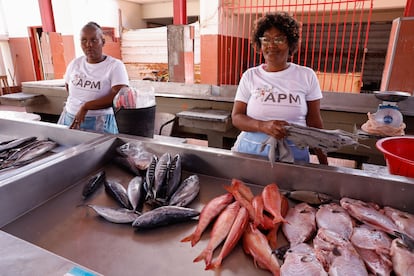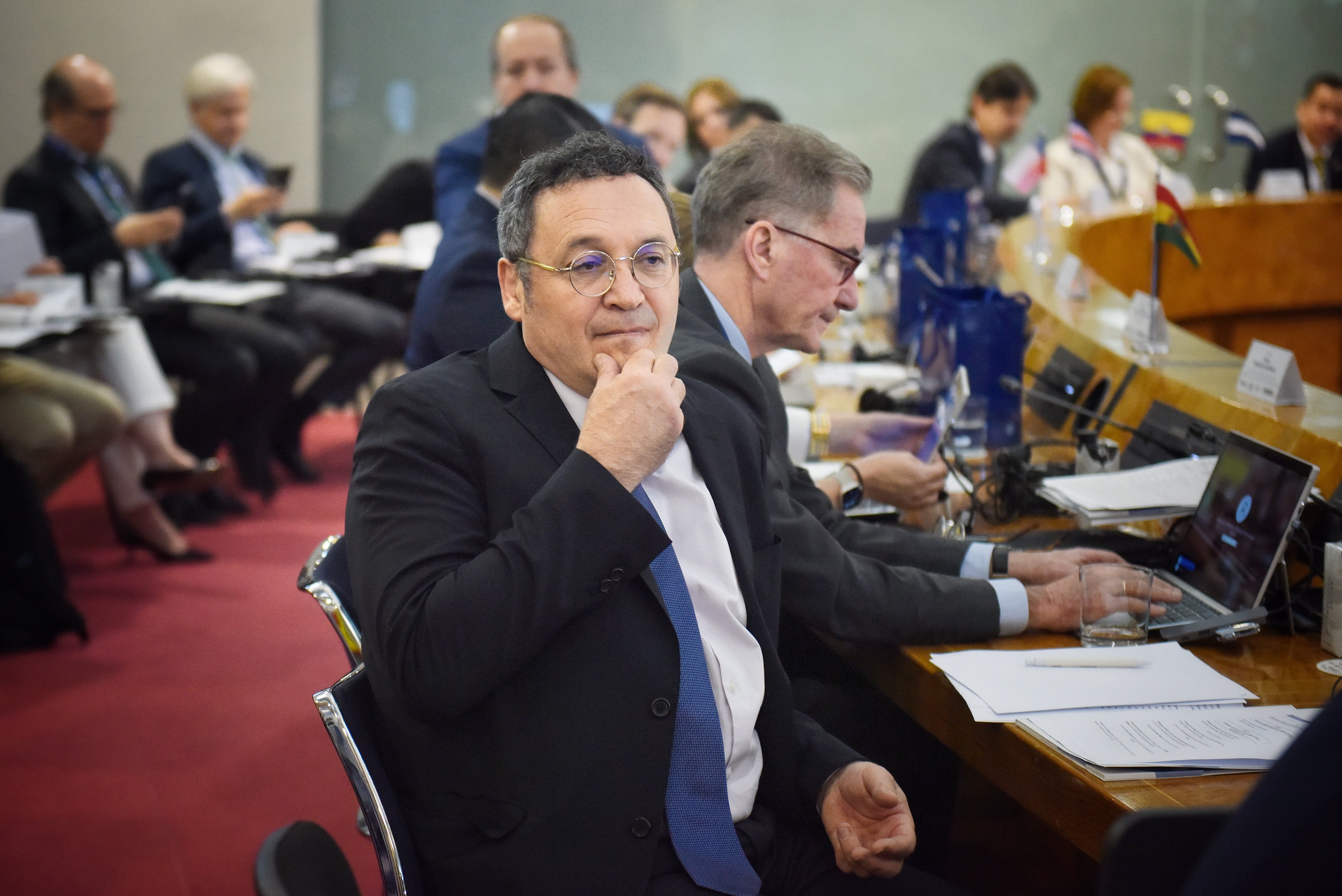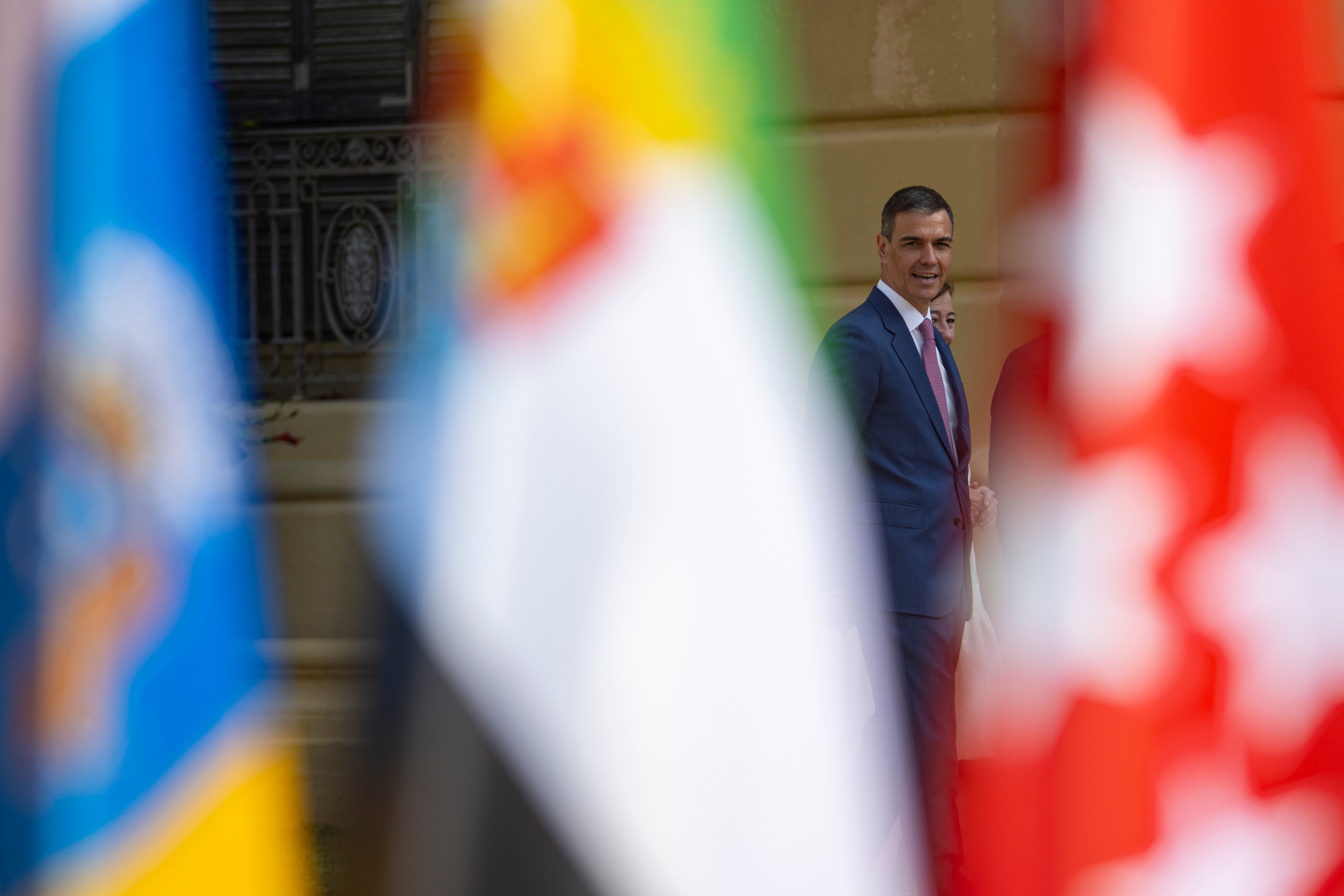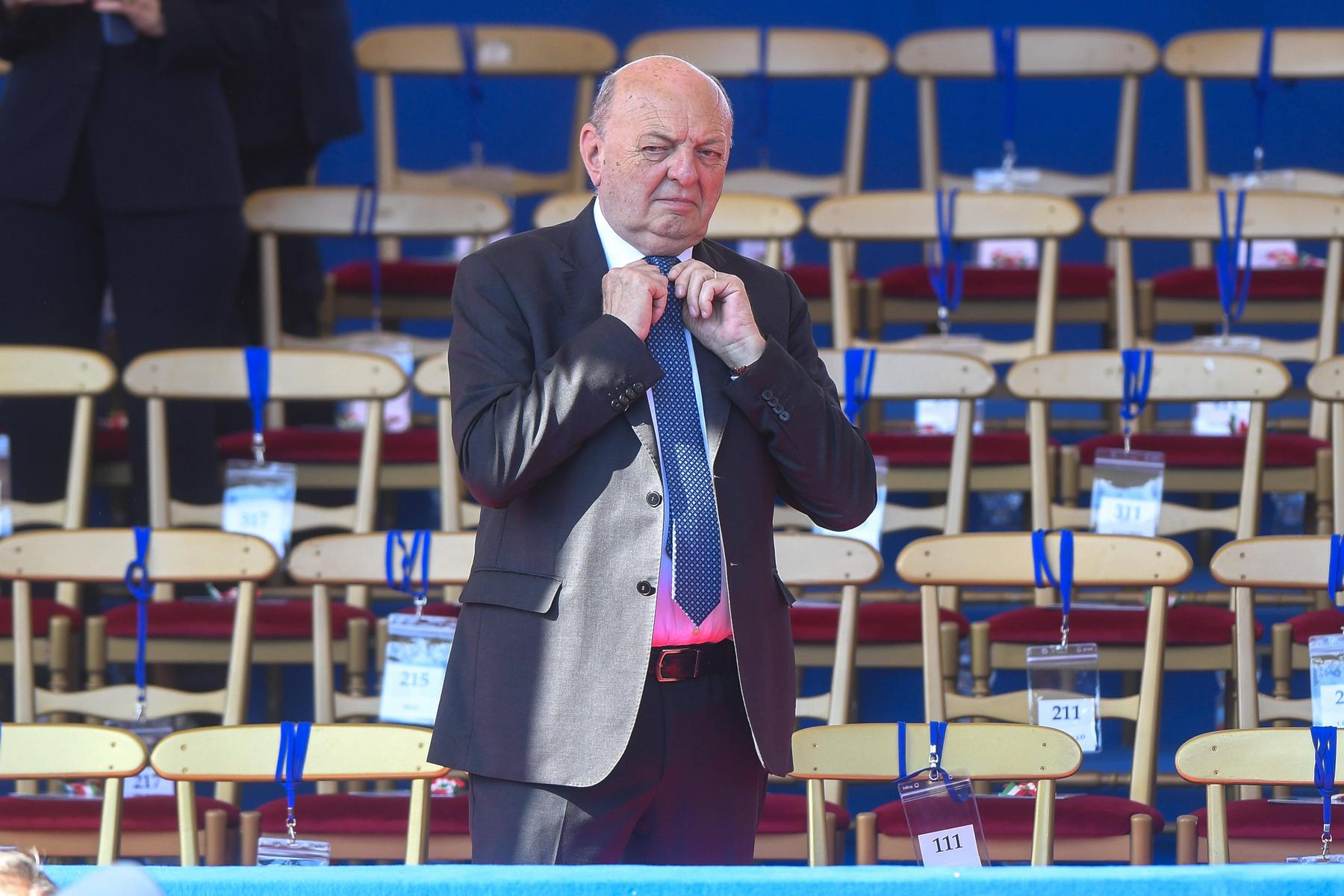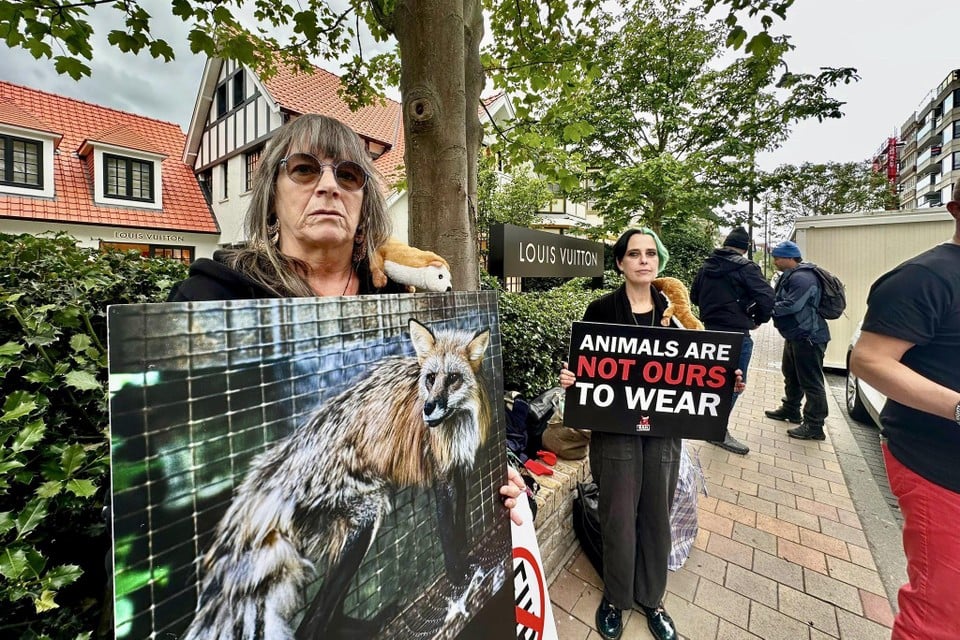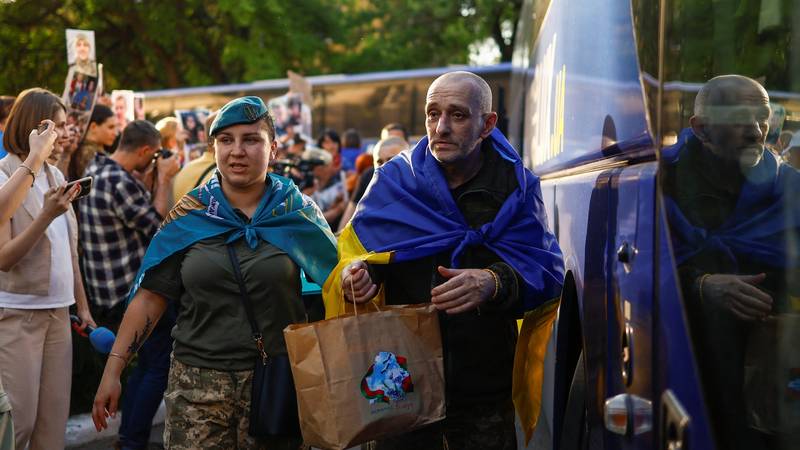The queen drives the help of Spain in Cabo Verde | Spain
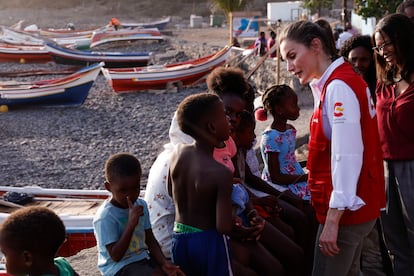
Abused and mistreated girlsseamstresses, Peixeiras (Pescaderas), prostitutes, victims of trafficking … Queen Letizia closes on Thursday her cooperation trip to Cabo Verde (500,000 inhabitants), the tenth That he performs by the Spanish Agency for International Development Cooperation (AECID), also giving visibility to men with a visit with the first lady, Deborah Katisa Carvalho, to Fazenda Esperança, a kind of man project through which they try to get rid of their addictions – directs and alcohol – and reinsert in a society that what it seeks is to advance.
Although the country leads the Freedom House index of African countries regarding political rights and civil liberties that makes it a « reference » in human rights for the rest of the continent, according to the Ministry of Foreign horse between poverty and certain economic awakening (It has a 5%growth) and that is felt as soon as possible. Among the cement houses seen and never finished by Praia, the capital of the country, you can see new construction buildings, clean and paved streets, hotels with pool and sea views in which some Europeans seek to sunbathe, businesses – there are already settled about 100 Spanish SMEs – and even the imposing university, built at the beginning of this century with Chinese capital in the image and tracking of a great red page.
But in communities further away like Porto Mosquitoa fishing town of 800 inhabitants that ends a road that winds next to the coast, it seems that time stops; The pigs, the goats and the chickens live with hundreds of children who on Wednesday afternoon bathe in the cove in front of the village while the mothers and grandmothers chatted sitting in the shadow of a couple of trees and the men worked in their wooden boats, stacked in a row on the rocky beach. « There are deficiencies and the Government (Spanish) is committed to the development of the country, but many things are missing, » says Patricia Ramos, coordinator of the AECID in Cabo Verde, which praises the strength of the population for « wanting to get ahead. »
The apparent tranquility of these Capeverdian communities, however, hides a reality that the country, together with the international aid that represents 3.7% of GDP, according to Iliana Olivié, a researcher at the Roy It amounts to more than 100 million in the last 20 years. « It is very important for us that the Spaniards know how money is being spent; and also show it to the Cape Verders, » Ramos continues.
The queen, as she also usually does in her official agenda in Spain, has concluded this trip insisting on a scourge that, to a greater or lesser extent, exists in all countries: macho violence. In Cabo Verde, 11% of women have denounced gender violence, although the reality that is not yet reflected in official data or statistics – something for which Spain pushes advising laws such as equity and parity or gender violence – shows a much more dramatic reality in which one in two women would have suffered some kind of abuse or aggression.
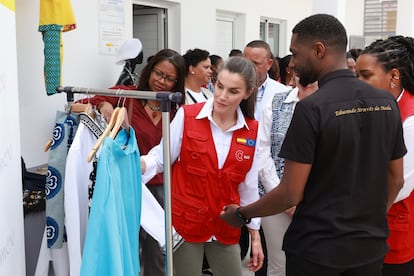
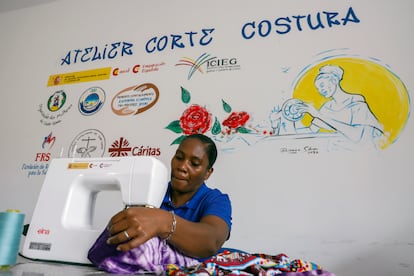
After having visited a couple of reception houses of minor girls who have been attacked and violated, on many occasions by their own relatives, or a cutting and sewing workshop, where Spanish cooperation helps to train them in a trade so that they have economic autonomy and begin to quote social security, Queen Letizia has continued to know other realities of this half of the population as crushed as prostitution or trafficking visible, but that exists in this Atlantic archipelago.
Milagros González, a religious adoratrix born in Algeciras (Cádiz) 60 years ago and with a contagious strength and joy, arrived to the archipelago in 2018 and is dedicated to support, accompany and, ultimately, to get girls who are forced to exercise prostitution. Kredita na bo (« Believe in you,” in Creole) is the name of his project, one of those visited this Thursday Letizia and to which the AECID contributes more than 300,000 euros to fight sexual exploitation and trafficking. González says that, although it is not noticeable, there is sex tourism.
Tourism and climate change
« Tourism brings good things and bad things, » summarizes the religious. And, on the other hand, it is the main engine that greases the economy (it represents 25% of GDP) and in which all growth hopes are being put. Therefore, and precisely due to the added vulnerability that represents climate change in a country blurred in 10 islands (nine villages), Spanish cooperation is emphasizing sustainable development through the blue economy.
That is, the use of the resources offered by the Atlantic Ocean focused on the generation of employment so that young men and women leave ostracism and contribute to the local economy, with local product. In a country where there is practically no cultivable area and almost never rains, « there is no natural resource beyond the sea, » Ramos insists.
In the City with colonial dyes from Mindello (80,000 inhabitants), on the island of San Vicente, the queen was able to talk to the Peixeirasthe most denosted and stigmatized stratum of the Caboverdian company among other reasons for its street trade that permeates its whole body with a fish. María has been selling fish for 32 years and, thanks to the Mindello Pescaderas Association and NGO as peace and development – through which the Spanish government contributes more than one million euros – now presumes with your head high wrapped in a purple turban of its life. « Our effort, our work, our association, » they chanted with their fist at a high twenty Peixeiras Before the visit of the queen.
